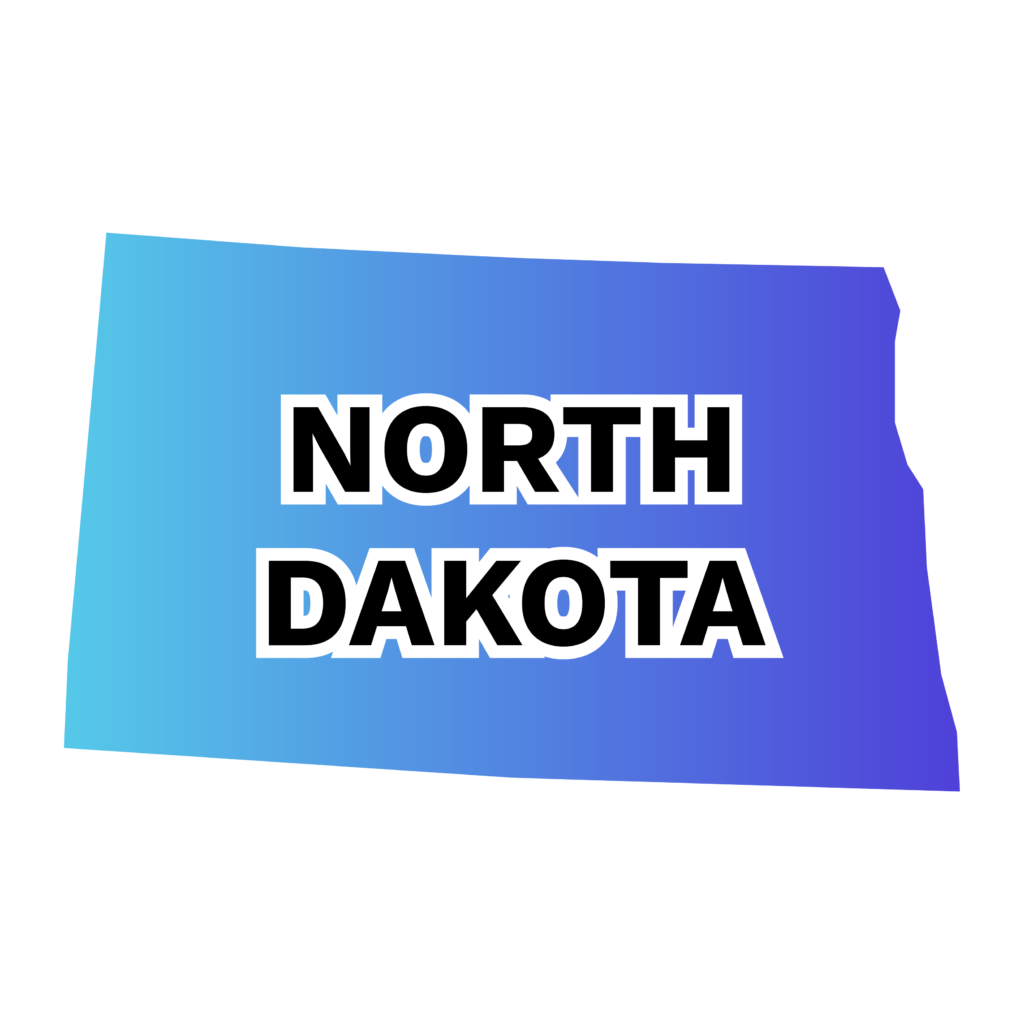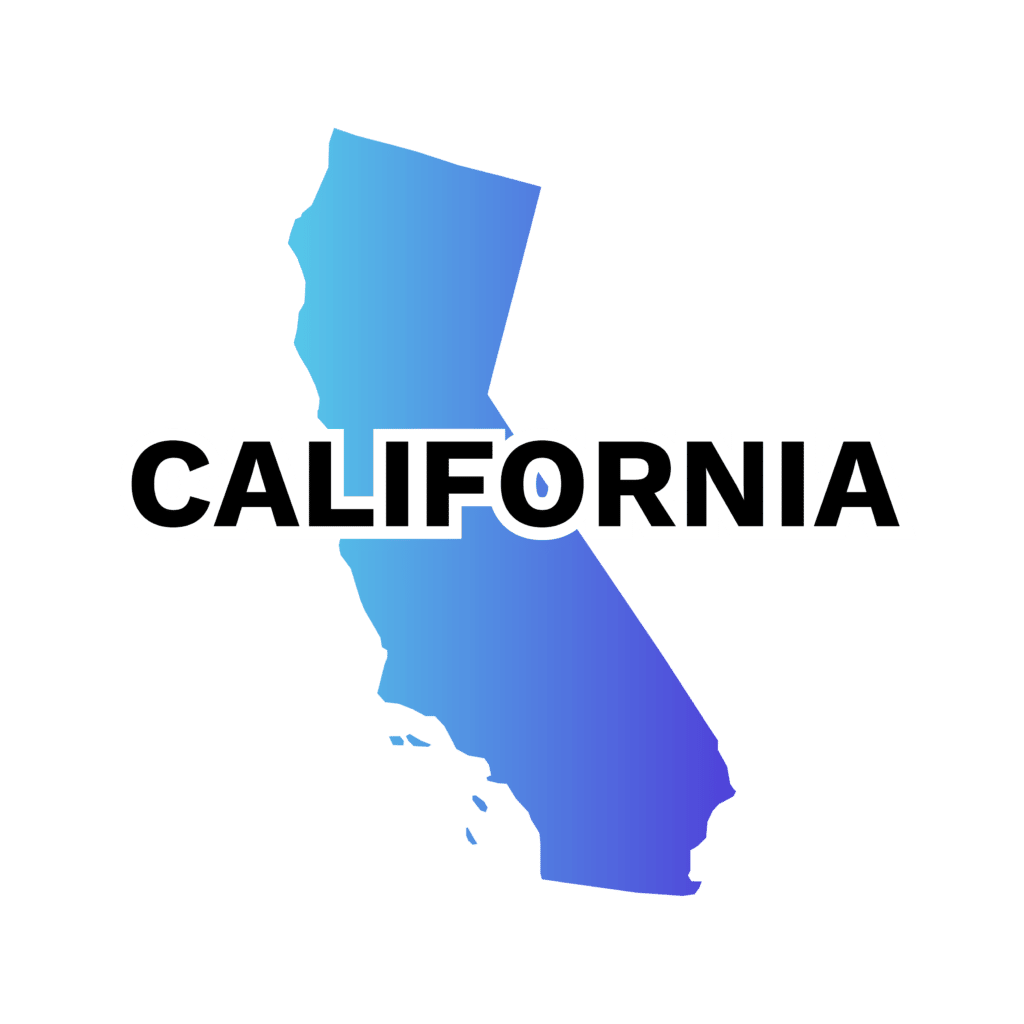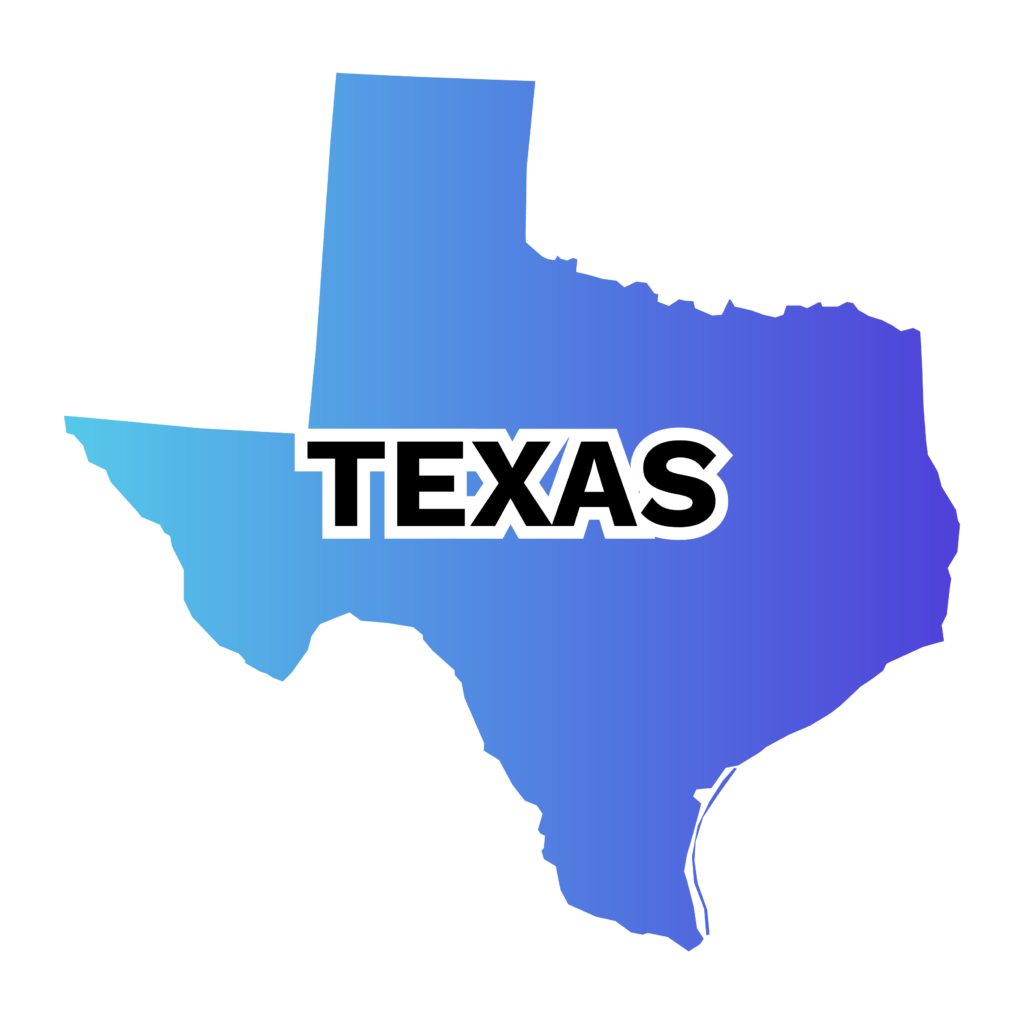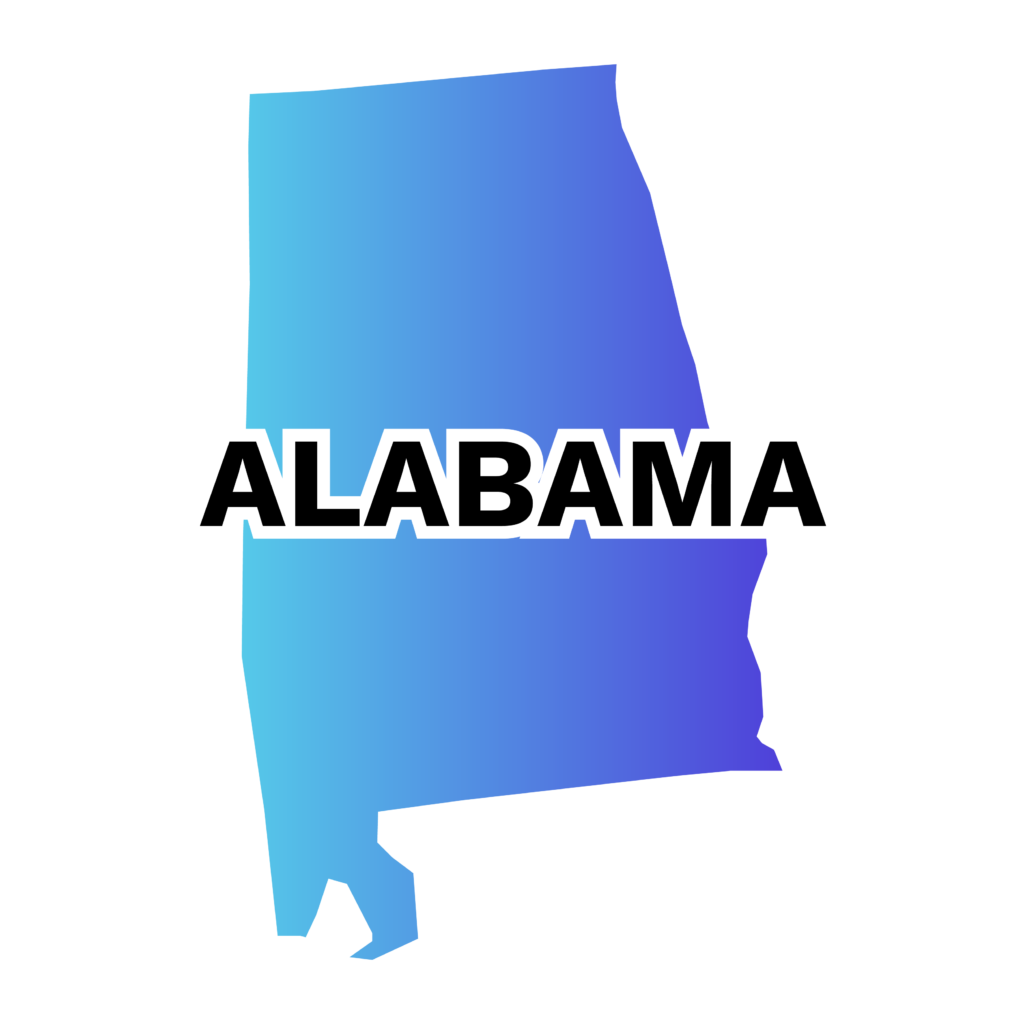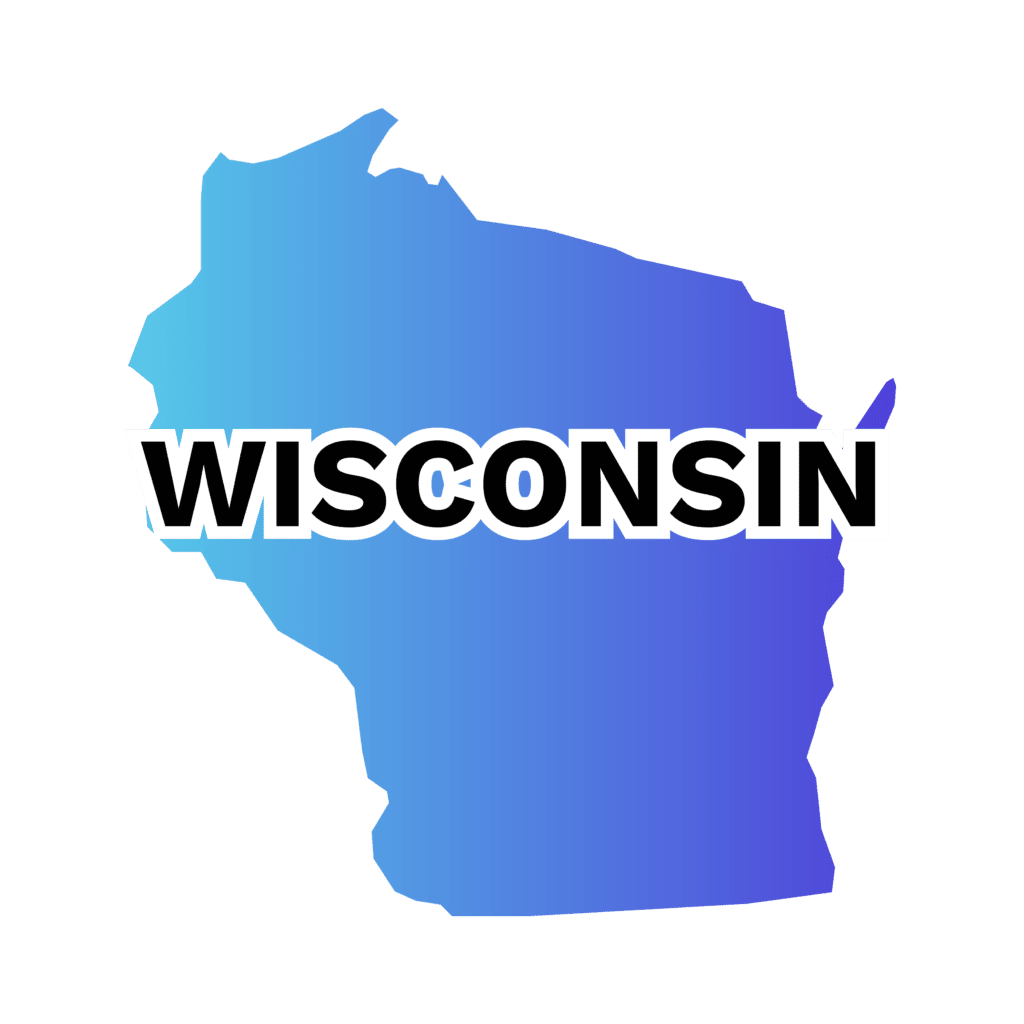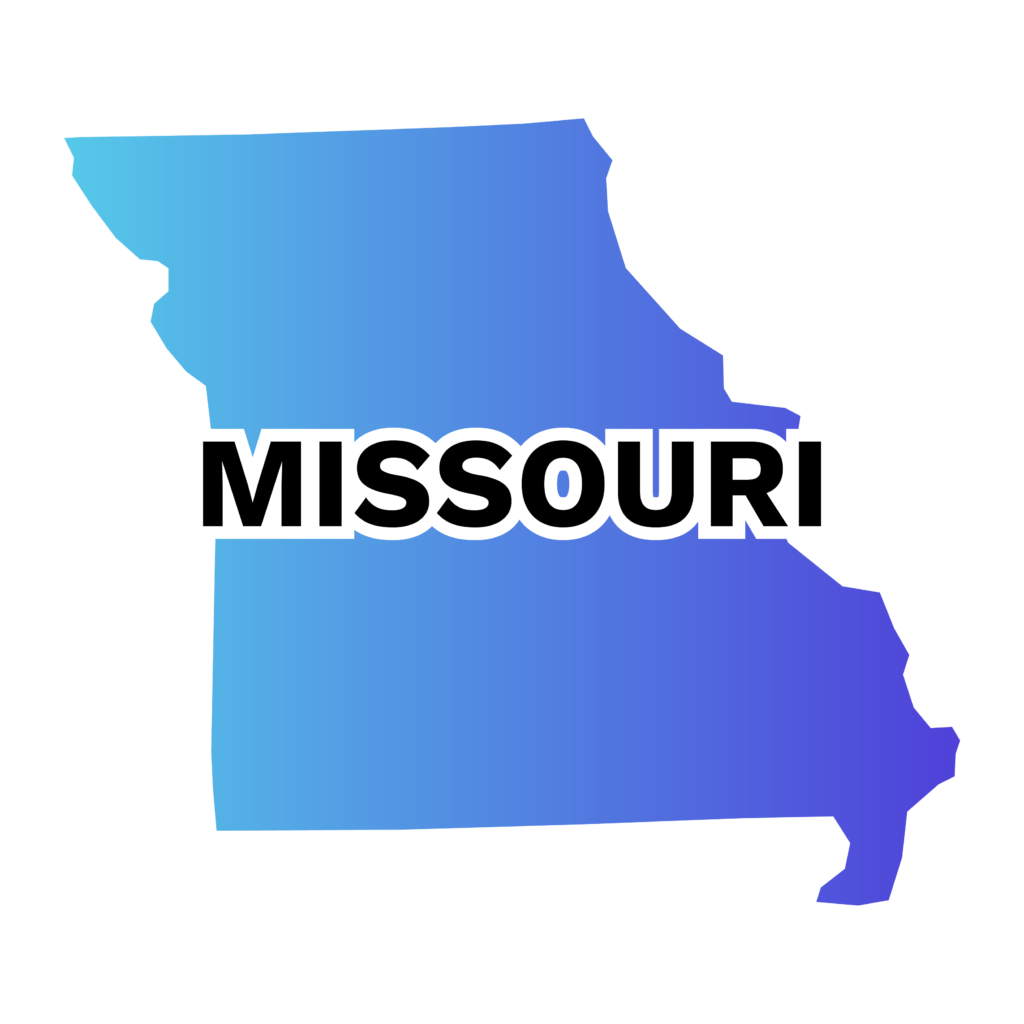In a historic move that reflects the evolving nature of the accounting profession and the challenges faced by aspiring CPAs, the National Association of State Boards of Accountancy (NASBA) announced a significant amendment to the Uniform Accountancy Act (UAA) Model Rules for the Uniform CPA Examination.
This change, as NASBA President and CEO Ken L. Bishop highlights, offers ‘more flexibility to those seeking licensure as a CPA‘ by extending the conditional credit period from 18 to 30 months. This decision, made amidst the backdrop of a global pandemic and shifting professional demands, marks a pivotal moment for CPA candidates, including those in Delaware.
In this article, we delve into the specific requirements and nuances of the Delaware CPA Exam and License process, aligning with the latest guidelines and providing a comprehensive roadmap for aspiring CPAs in the state.
Steps to Get a CPA License in Delaware
- Meet education and verified work requirements.
- Pass all sections of the CPA Exam using a CPA review course.
- Complete the AICPA Ethics Exam.
- Fill out and submit all required CPA license application paperwork.
- Pay the CPA license application fee.
Deleware CPA Licensure Specific Guidelines
- Minimum age: None
- U.S. Residency NOT required.
- State Residency NOT required
Education Requirements
- Bachelor’s degree or higher
- To sit for the CPA exam, candidates must complete 120 semester hours of undergraduate coursework, culminating in a bachelor’s degree. To qualify for the full state permit, an additional 30 semester hours are required, totaling 150 semester hours. The college or university attended must be regionally accredited.
- Candidates must complete a minimum of 24 credit hours in accounting
Work Experience Requirements
- Experience Requirement: Minimum of 2,000 hours in 1 year of accounting experience.
- Nature of Work: Includes tasks like auditing, financial reporting, tax preparation, and management advisory services.
- Supervision: Must be under a licensed CPA in the U.S.
- Verification: The supervising CPA confirms the nature, duration, and extent of work.
- Time Frame: Experience should be within the 10 years preceding the CPA licensure application.
- Documentation: Detailed recording of work experience, including supervisor’s contact and license number.
- Flexibility in Setting: Experience can be in public accounting firms, industry, government, or academia.
Please check Delaware Board of Accountancy for more details.
Ethics Exam
In Delaware, CPA candidates are required to pass the AICPA ethics exam as a crucial step in their licensure process. This exam underscores the importance of ethical conduct and professionalism in the accounting field.
- Cost: AICPA ethics exam course is priced at $299, with a discounted rate of $245 available for AICPA members.
- Exam Focus: The exam primarily concentrates on the AICPA Code of Professional Conduct. It tests candidates on vital ethical principles such as independence, integrity, objectivity, general standards, and acts discreditable. The exam also includes real-world scenarios to assess the application of these principles in practical situations.
Delaware CPA Exam Fees
In Delaware, the journey to becoming a Certified Public Accountant (CPA) involves various fees associated with the CPA examination process. Understanding these costs is crucial for candidates as they plan their path to licensure.
- Total Examination Fee: The total cost for taking all four sections of the CPA exam in Delaware is $1,379.20. This fee is divided equally among the four sections, amounting to $344.80 per section.
- Education Evaluation Application Fee: Initially, candidates must pay an education evaluation application fee of $90. This fee is for the assessment of educational qualifications to ensure that candidates meet the necessary academic requirements for taking the CPA exam.
- Re-examination Fees: If a candidate needs to retake any sections of the CPA exam, a re-examination registration fee applies. This fee varies depending on the number of sections a candidate is re-applying for. It’s important to note that these fees can add up, especially if multiple retakes are required.
| Business Environment and Concepts (BEC) | $344.80 |
| Financial Accounting and Reporting (FAR) | $344.80 |
| Regulation (REG) | $344.80 |
| Education Evaluation Fee | $90 |
| Education Evaluation Fee | $90 |
| CPA Permit Application Fee | $175 |
CPA Exam Updates in Delaware
Starting in January 2024, the CPA Exam in Delaware will adopt the CPA Evolution initiative’s ‘Core + Discipline’ model. This approach requires candidates to complete a core curriculum in accounting, auditing, tax, and technology, and then choose a specialized discipline – Business Analysis and Reporting (BAR), Information Systems and Controls (ISC), or Tax Compliance and Planning (TCP). The CPA Evolution is designed to better prepare candidates for the modern accounting profession.
NASBA’s transition policy is crucial for those continuing their CPA Exam journey into 2024. It outlines how credits from the current CPA Exam sections will apply to the new format. Credits for AUD, FAR, or REG will count towards the corresponding sections in the new exam. Those with BEC credit are exempt from the discipline sections. After December 31, 2023, candidates who lose credits will need to follow the new exam structure.
Expert Tip to Become a CPA in Delaware
I recommend focusing on gaining diverse work experience in both public and non-public accounting roles. Delaware’s CPA licensure values a broad range of experience. By diversifying your exposure across different accounting environments, you not only meet the state’s requirements but also build a versatile skill set that is highly valued in Delaware’s dynamic accounting landscape. This strategic approach can significantly enhance your proficiency and opportunities in the state’s varied accounting sector.
Bryce Welker, CPA Expert
Local CPA Organizations in Delaware
- Delaware Society of Certified Public Accountants (DSCPA): The DSCPA is a prominent organization dedicated to supporting CPAs in Delaware. It offers a range of services, including professional development courses, networking events, and advocacy on behalf of the profession. The DSCPA is an excellent resource for staying updated with industry changes and connecting with peers.
- American Institute of Certified Public Accountants (AICPA): Although a national organization, AICPA has a significant presence in Delaware. It provides resources, educational tools, and advocacy for CPAs across the country, including Delaware. AICPA membership is beneficial for CPAs looking for national-level insights and opportunities.
Delaware CPA Exam Information and Resources
For more details, please contact:
Delaware State Board of Accountancy
Cannon Building, Suite 203
861 Silver Lake Blvd.
Dover, DE 19904
Email: [email protected], [email protected]
Phone: 302-739-4522
Fax: 302-739-2711
FAQs
In Delaware, you can use the CPA title after meeting all the requirements for licensure, which includes passing the CPA exam, completing the required work experience, and any additional state-specific requirements. The title “CPA” can only be used by those who have been officially licensed as CPAs in the state.
Yes, Delaware adheres to the 150-hour rule for CPA licensure. This rule requires CPA candidates to complete 150 semester hours of college education, including a specified number of hours in accounting and business courses, before they can be licensed as CPAs.
For foreign college transcripts to be evaluated in Delaware, you must submit them to a recognized credential evaluation service. These services assess the academic credentials from institutions outside the United States and equate them to U.S. educational standards. The Delaware Board of Accountancy can provide a list of accepted evaluation services or recommend specific organizations, such as FACS or NIES, for this purpose.
Substantial equivalency is a concept in CPA licensure that allows CPAs licensed in one jurisdiction to practice in another without having to obtain a full license in the second jurisdiction. In Delaware, if a CPA’s education, examination, and experience meet or exceed the standards set by the Uniform Accountancy Act, they may be eligible to practice in Delaware under substantial equivalency.
To transfer a CPA license to Delaware, the typical process involves applying for reciprocity. This includes verifying your original licensure, ensuring you meet Delaware’s education and experience requirements, and possibly completing additional exams or coursework.
In Delaware, CPAs are required to complete 80 hours of approved continuing professional education (CPE) during each full licensure renewal period, which runs from July 1 to June 30 in odd-numbered years. Additionally, a minimum of 20 hours must be completed in each year of the licensure period.
The Delaware Board of Accountancy offers various accommodations for CPA exam candidates with disabilities. These accommodations might include additional time, alternative testing formats, or accessible testing locations. Appropriate documentation is required to receive these accommodations.
If your CPA license lapses in Delaware, you may face penalties and are not allowed to practice as a CPA. To reinstate your license, you’ll need to complete any missed continuing education, pay a reinstatement fee, and possibly fulfill additional conditions as determined by the Delaware Board of Accountancy.
Bryce Welker is a regular contributor to Forbes, Inc.com, YEC and Business Insider. After graduating from San Diego State University he went on to earn his Certified Public Accountant license and created CrushTheCPAexam.com to share his knowledge and experience to help other accountants become CPAs too. Bryce was named one of Accounting Today’s “Accountants To Watch” among other accolades. As Seen On Forbes
